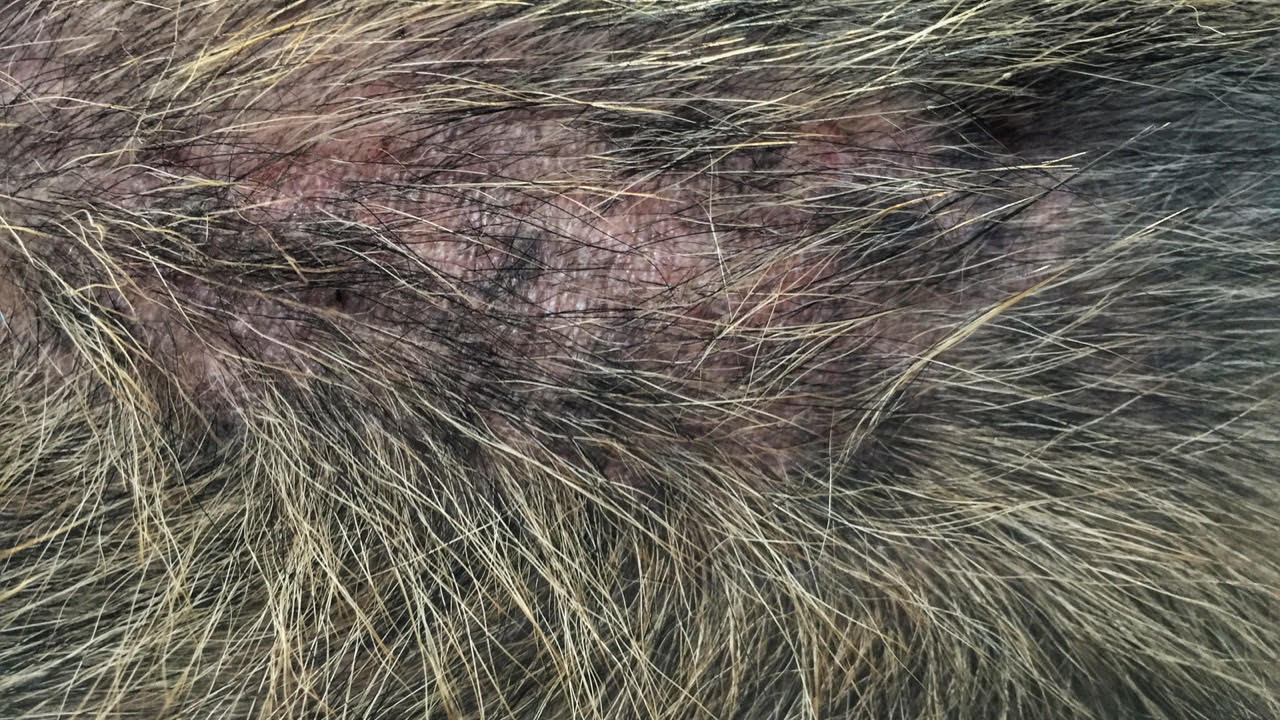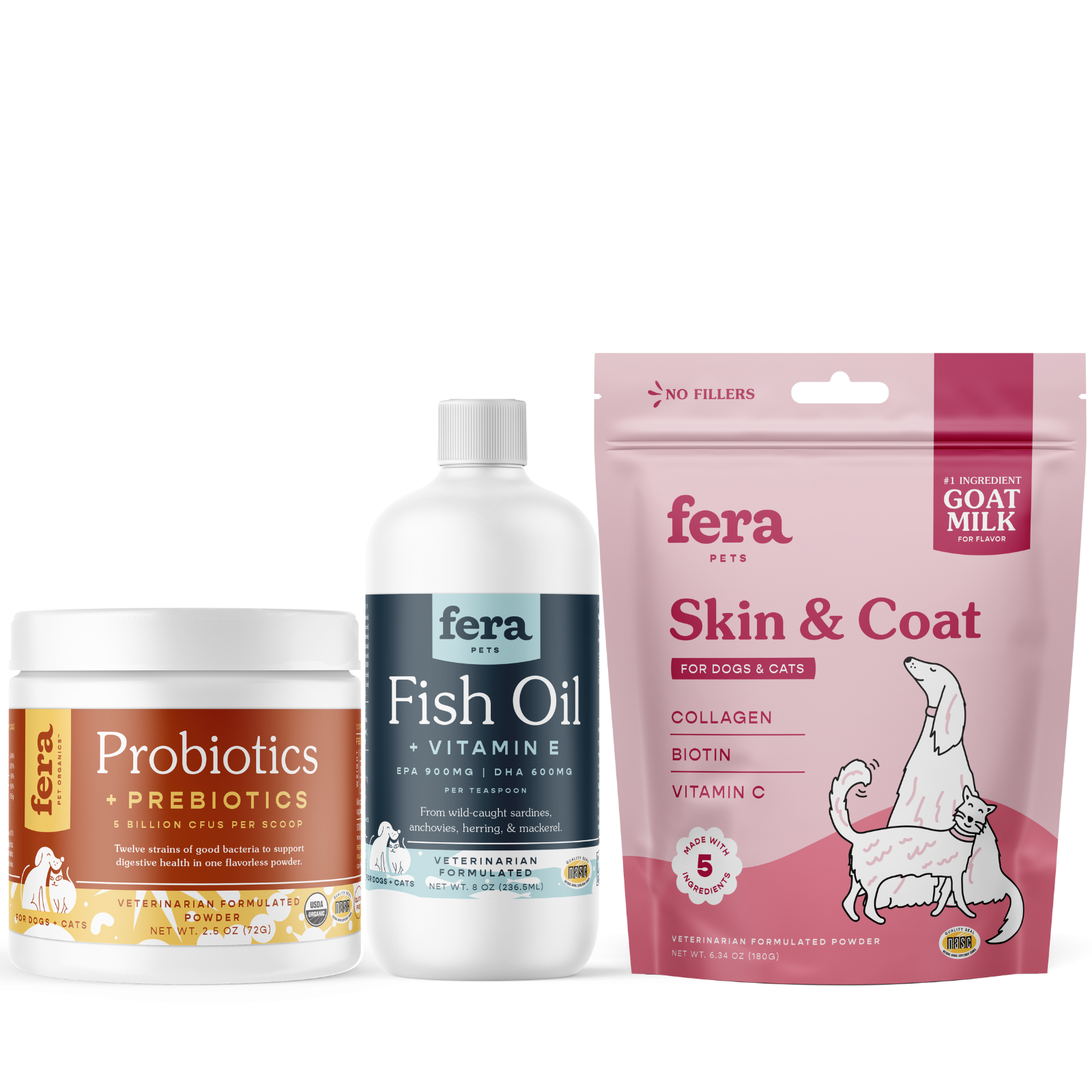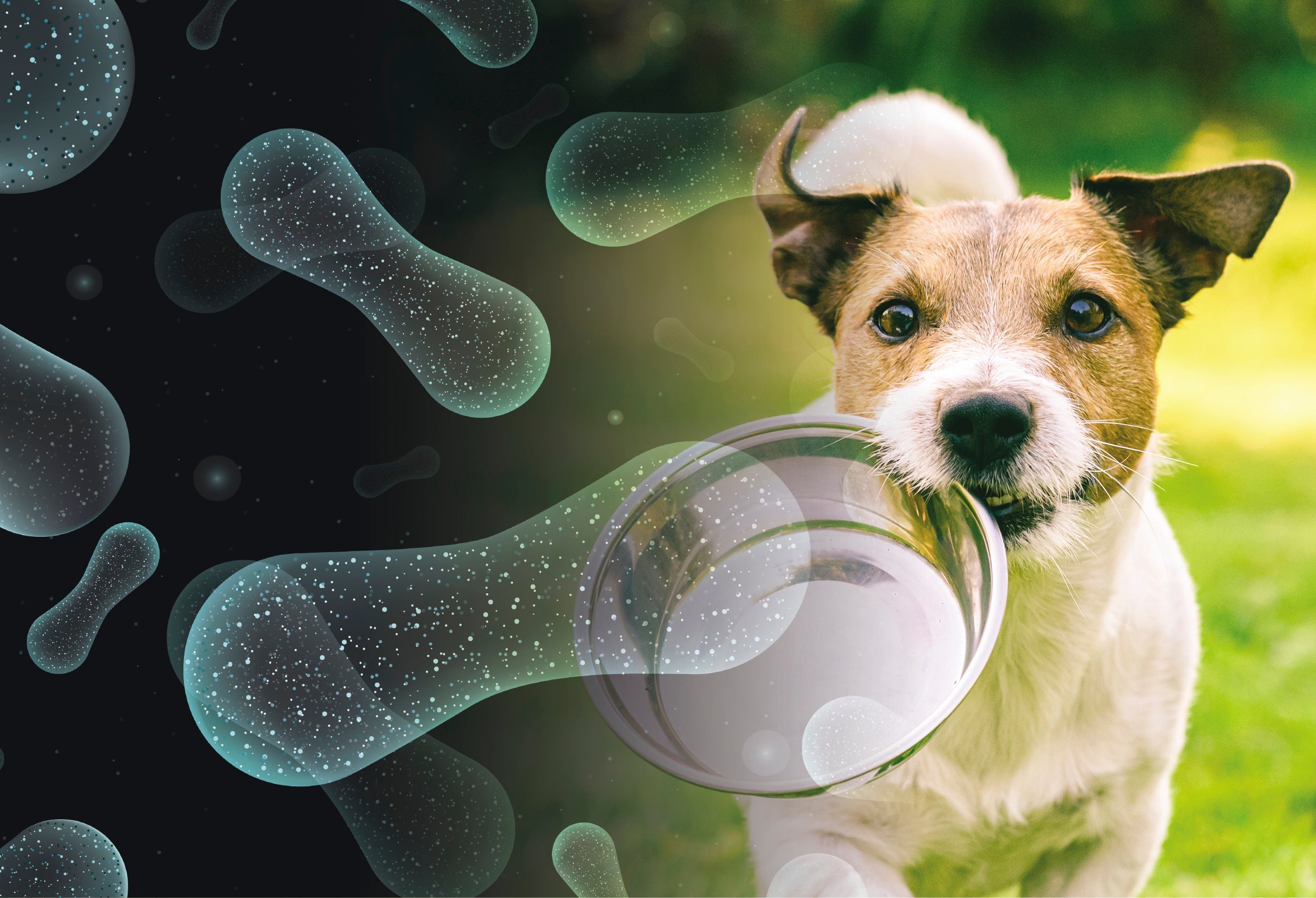The Best Natural Ways to Care For Your Pet’s Sensitive Skin
Unlock the secret to soothing your pet's sensitive skin with natural remedies and powerful supplements. Discover easy strategies to heal, strengthen, and maintain your furry friend's dermal health, backed by nature and science. It's time to give them the comfort and relief they deserve!
No matter their breed, size, or species, your pet’s skin is one of their most important organs. Not only does it protect them from elements outside the body, but it performs various vital internal functions such as storing electrolytes, sensory perception, and holding fur in place.
Despite the skin’s versatility, it’s a very vulnerable part of the body and easily damaged by an array of elements.
If you’re looking for easy and natural ways to soothe your pet’s sensitive skin, I have good news! There are many excellent strategies you can use to not only cure their skin but make it stronger than before.
Here are some of my favorite ways to heal your pet’s sensitive skin and maintain their long-term dermal health.

Signs of Sensitive Skin in Pets
The first step in caring for your pet’s sensitive skin is recognizing the signs of skin agitation. Some symptoms you might recognize right away while others are more subtle, but these are the most common to look out for:
- Itchiness and excessive scratching
- Hair loss and dandruff
- Head shaking
- Hot spots or inflamed areas on the skin
- Unpleasant smell from the skin or ears
These symptoms are manageable, but some may progress to the point that your pet self-inflicts wounds or bleeding. If this is the case, be sure to set up an appointment with your veterinarian immediately.

Causes of Sensitive Skin
Environmental Elements
Some pets are more sensitive to their environment than others. Dry weather during the winter, spring allergens, and even your home’s heating or cooling system may be triggering your pet’s skin problems.
Parasites
Saliva from the bites of pests like fleas and ticks can cause your pet’s skin to flare up. Other parasites you’ll want to prevent when possible are mites, ringworm, and mange (canine scabies).
Allergies
Your pets can have allergies, too! Whether these allergies are caused by environmental factors or genetics, they manifest similar symptoms such as itchy skin and paws, hair loss, and excessive licking.
Food allergies arise when your pet’s body associates particular food molecules as a threat, causing symptoms visible on the skin including irritation, fluid-filled bumps, and swelling.
Skin Infections or Diseases
In more serious cases, an infection or disease could be the source of your pet’s sensitive skin. If you believe your pet could have one of these conditions, you’ll want to schedule an appointment with your veterinarian:
- Yeast Infection: Skin infected by yeast fungi is usually greasy and scaly with a distinct odor and discoloration. It mostly forms in moist environments such as in the folds of your pet’s skin.
- Folliculitis: Caused by inflamed hair follicles, this condition creates scabs, bumps, and sores on the skin.
- Impetigo: Usually found on the abdomen, impetigo produces pus-filled blisters on the skin that crust over when they burst.
- Alopecia: An overly stressed or malnourished pet may develop alopecia, which results in severe hair loss and bald patches.
- Eczema: Also known as atopic dermatitis, this itchy skin disease is a severe form of allergies spawned by the inhalation of airborne substances like pollen or dust.

3 Natural Remedies for Your Pet’s Sensitive Skin
You’ll find many shampoos, creams, and oral treatments for sensitive skin all over the internet and in every pet store, but many contain ingredients you might not recognize, let alone pronounce.
I believe in using products that are made from high-quality, natural sources that you can trust, so these are the remedies that I recommend for use at home.
- Pure Pet Supplements
Adding the right supplements to your pet’s diet is a great way to improve and maintain their skin health. There are many options out there, but your beloved companion deserves the best of the best.
At Fera Pet Organics, we use the purest active ingredients to ensure the best is exactly what your furry family member gets. Here are just a few I suggest for sensitive skin.
- Vegan Omega-3s Algae Oil: This nutrient-rich and sustainable blend has the highest natural concentration of both EPA & DHA available today. It promotes healthy skin and coat, helps control shedding, and much more.
- Fish Oil + Vitamin E: Fish oil is utilized and trusted by many pet parents for its ability to reduce itchiness and hot spots. Since this supplementation may cause lowered levels of Vitamin E, we added the natural antioxidant to our formula for your peace of mind.
- USDA Organic Probiotics + Prebiotics: The gut is responsible for several of your pet’s bodily functions, including their skin and coat health. Our probiotic + prebiotic supplement contains 5 billion CFUs per scoop and 12 live powerful strains of living bacteria for optimal gut health and performance.
- Coconut Oil
Chances are that one of the best natural remedies for your pet’s sensitive skin is sitting in your kitchen right now.
Coconut oil contains antibacterial and antifungal properties. It’s also an excellent moisturizer for problem spots on the skin. All you have to do is apply it directly to the affected area at least once a day and let the magic happen.
- Tea Soaks
If your pet is struggling with hot, itchy patches, teas like chamomile, green, and calendula may provide the relief they need.
Fill up your dog’s bath with warm water and add several of your chosen tea bags. After steeping for at least three minutes, remove the tea bags and place your pet in the tub. Wet their skin and fur with the tea, paying special attention to problem areas, and allow it to soak for at least five minutes.
If your pet does not do well in baths, you can also use the tea as a spot treatment by pouring a small amount of the cooled liquid directly onto their skin.
Back Up Your Pet’s Health With Nature and Science
Unlock your pet's health potential with expert advice from Dr Michelle Dulake! Start making informed decisions today with her cutting-edge insights, backed by years of experience and research. Don't miss out – secure a brighter, healthier future for your furry friend!
Your pet’s skin health is just the beginning. Our high-quality supplements are made to support nearly every aspect of your furry friend’s well-being and life, naturally!
Explore our collection of organic supplements for both dogs and cats and subscribe to your favorites to save 10% on each order.





